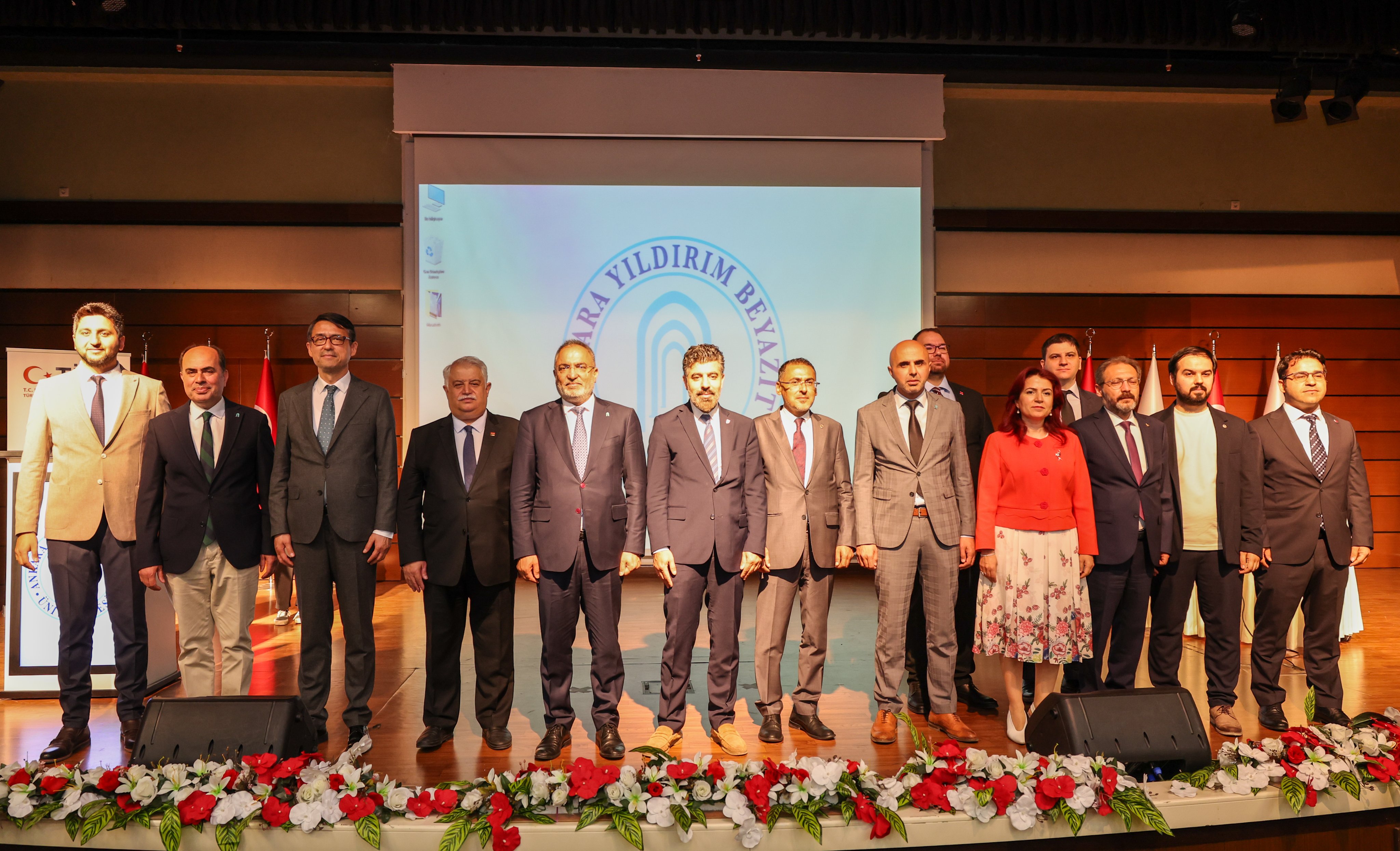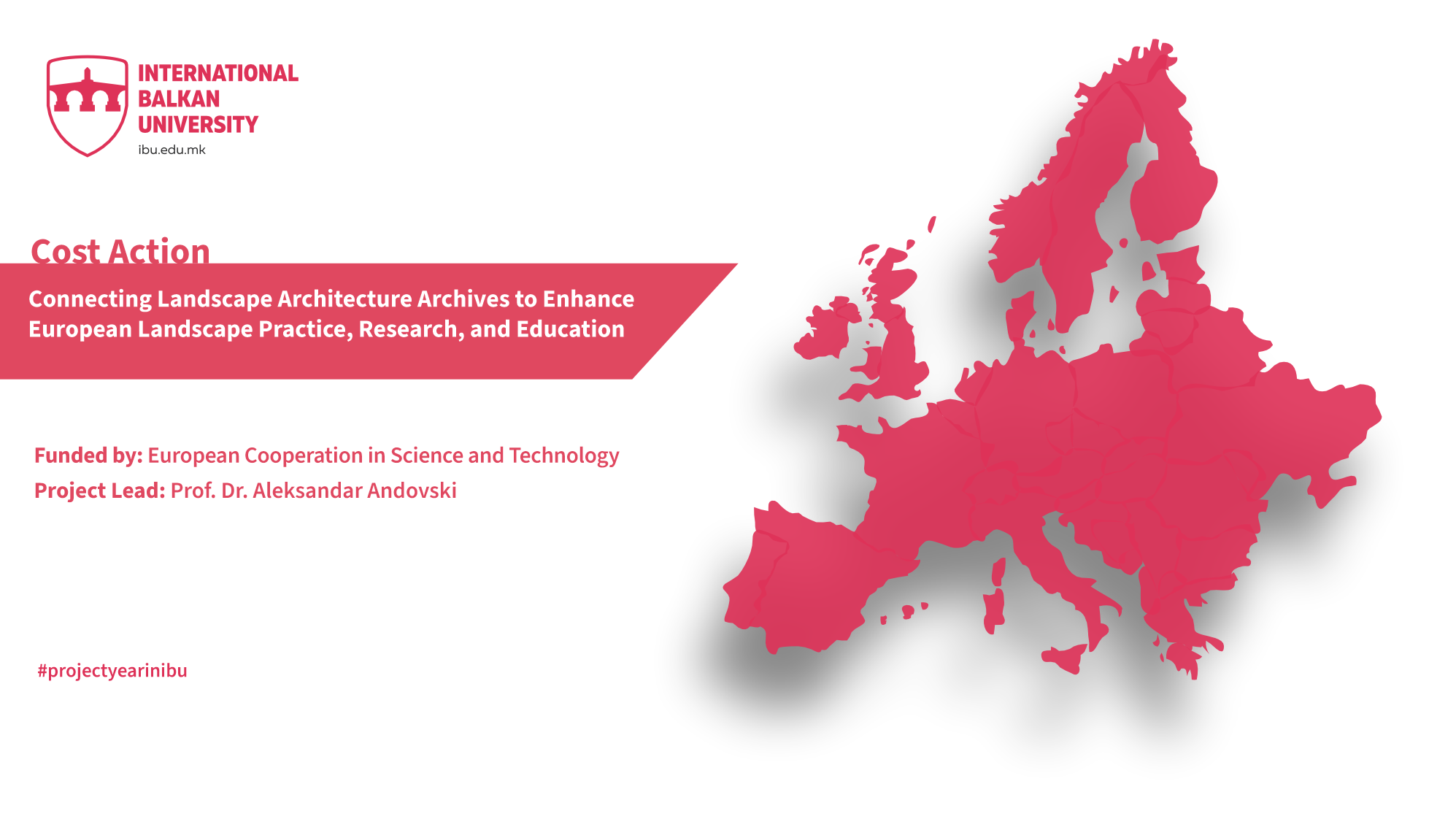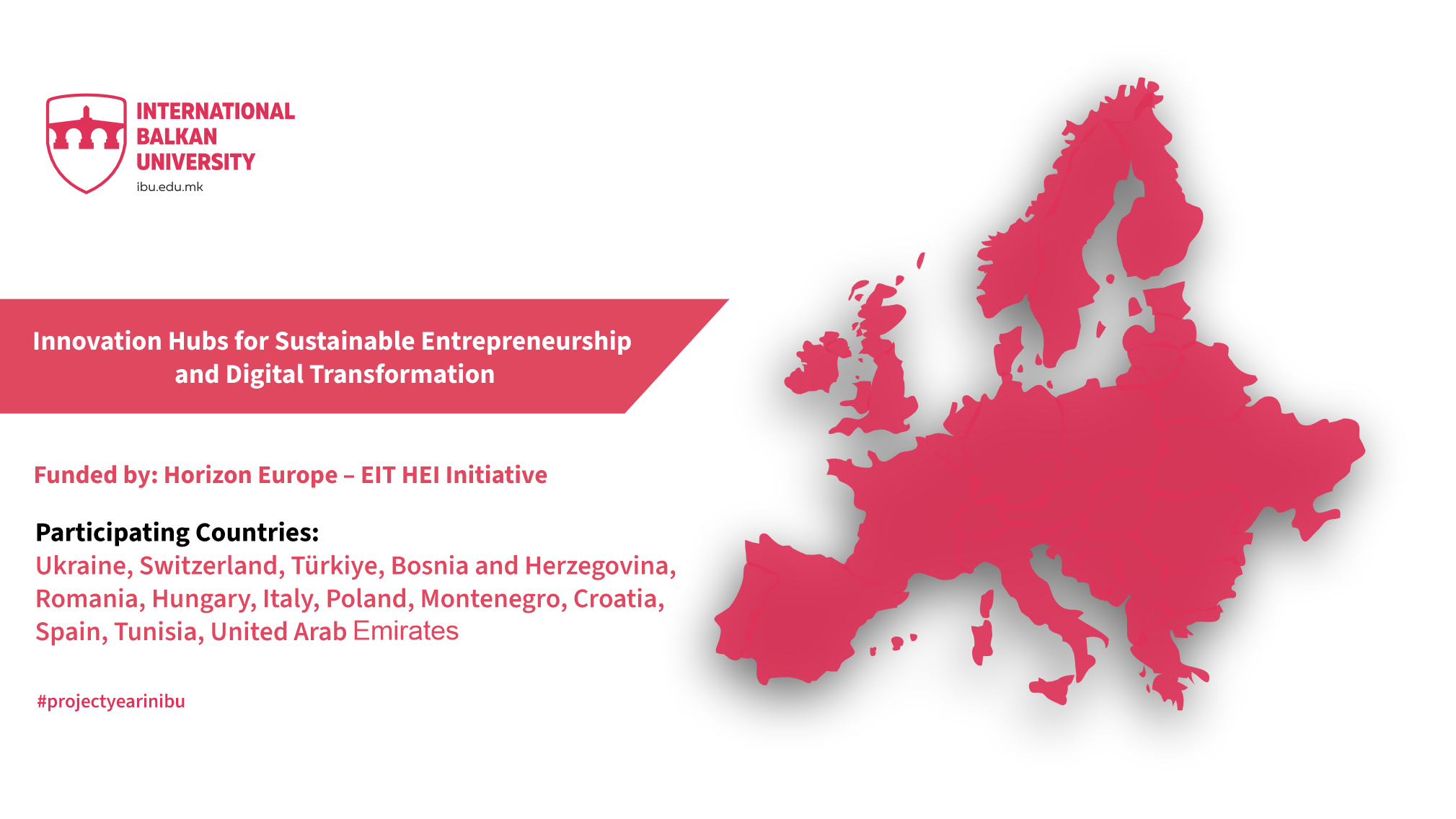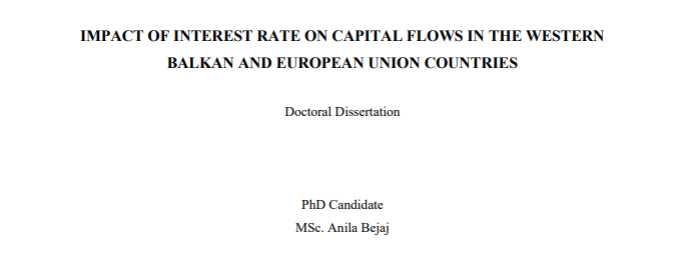Explori IBU Participates as a Partner in High-Level AI and Communication Panels in Ankara

As artificial intelligence continues to transform the foundations of human communication, International Balkan University (IBU) proudly participated as a partner in a major interdisciplinary event titled “Algorithms and Human Communication: New Communication Paradigms with Artificial Intelligence,” hosted by Ankara Yıldırım Beyazıt University (AYBU) and supported by the Turkish Cooperation and Coordination Agency (TİKA).
Held at AYBU’s Conference Hall and Etlik Milli İrade Campus, the two-day program brought together academics, policymakers, and industry experts to explore the multifaceted impacts of AI-driven algorithms on communication, law, ethics, media, and society.
The project brings together several leading academic and research institutions, including the University of Derby (UK), Tashkent State University of Law (Uzbekistan), Ankara Hacı Bayram Veli University, Ankara Social Sciences University, ASELSAN, and International Balkan University (IBU). It is supported by TİKA and coordinated by Ankara Yıldırım Beyazıt University, through its Faculty of Communication and the Artificial Intelligence and Media Laboratory.
Representing IBU, Rector Prof. Dr. Lütfi Sunar delivered a keynote address during the opening ceremony, highlighting the university’s commitment to fostering ethical, innovative, and interdisciplinary research in the field of artificial intelligence. Rector Sunar was accompanied by Assoc. Prof. Dr. Delco Leshkovski, Dean of the IBU Faculty of Engineering; Dr. Sümeyye Açıkgöz, Head of the IBU Project and Research Office; Asst. Prof. Dr. Afan Hasan and Asst. Elzana Dupljak from the Faculty of Engineering, further demonstrating IBU’s strong academic engagement in this initiative.
The opening ceremony featured speeches from leading figures in academia and government, including Prof. Dr. Enderhan Karakoç, Dean of the AYBU Faculty of Communication; Prof. Dr. Ali Cengiz Köseoğlu, Rector of AYBU; and representatives of TİKA and the Turkish Higher Education Council (YÖK).
Opening Panel: Spotlight on Türkiye’s Local AI Models
The academic program began with a high-level panel titled “From Content to Consumption: Local AI Language Models,” moderated by Prof. Dr. Erman Akıllı from AHBV University. The panel focused on the development, integration, and societal implications of Türkiye’s indigenous AI language models, with distinguished speakers from leading institutions.
Mahmut Almas, Digital Transformation Director at ASELSAN, provided insights into AI-driven technologies in defense and public systems, highlighting the growing need for secure and ethical AI infrastructure. Fatih Sinan Esen from TÜBİTAK emphasized the research ecosystem behind local AI models and their potential applications in national digital transformation. Prof. Dr. Fırat Purtaş, representing UNESCO’s National Commission of Türkiye, explored the role of cultural values in shaping responsible AI policy and language model development.
This panel laid the foundation for the deeper thematic conversations that followed during the afternoon roundtable workshops.
Roundtable Discussions: Ethics, Media, and Society Under the AI Lens
Following the opening panel, participants divided into three concurrent roundtable groups, each addressing a different facet of artificial intelligence in contemporary life. The sessions were held at AYBU’s Etlik Milli İrade Campus and facilitated by esteemed academic chairs.
Group 1: Artificial Intelligence, Ethics, and Law
Chaired by Prof. Dr. Neslihan Karataş Durmuş, Dean of the AYBU Faculty of Law, this roundtable tackled the legal and ethical dilemmas posed by algorithmic systems. Discussions centered on the limits of algorithmic decision-making, particularly in contexts where AI replaces or influences human judgment in critical domains such as law enforcement and justice.
Participants debated the protection of individual rights in automated systems, as well as the implications of the EU Artificial Intelligence Act on Türkiye’s legislative ecosystem. The roundtable also examined issues surrounding data privacy, algorithmic discrimination, intellectual property challenges, and the potential use of AI in courts—including the concept of AI-assisted judges. There was a strong emphasis on transparency, accountability, and the need for national legislation, including the idea of a “digital constitution” to regulate AI in public life.
Group 2: Media and Communication in the Age of AI
Led by Prof. Dr. Burhanettin Aykut Arıkan from the Turkish-German University, this session explored the rapidly evolving relationship between artificial intelligence and media ecosystems. The group focused on how generative AI tools are reshaping content production, impacting everything from journalism and visual media to advertising and political communication.
Key concerns included the ethics of deepfake technologies, the rise of AI-generated news anchors, and algorithmic bias in news curation. The roundtable also discussed the growing influence of social media algorithms, the polarization created by echo chambers, and the need for media transparency, including the labeling of AI-generated content. The role of AI in combating disinformation and the future of journalism education in algorithm-driven environments were also debated at length.
Group 3: Society and Digital Culture
Chaired by Prof. Dr. Erman Akıllı, this group focused on the sociocultural dimensions of artificial intelligence. The discussions examined how algorithms are increasingly shaping daily routines, personal identity, and cultural norms. Participants addressed issues such as AI’s impact on parenting and education, digital surveillance, and algorithmic influence on consumption patterns and social behavior.
Particular attention was given to the emergence of digital avatars, the reproduction of gender roles through algorithmic design, and the challenges of maintaining cultural values in AI-generated content. The group also engaged in a reflective dialogue on faith and digital spirituality, questioning whether AI can accommodate or transform traditional belief systems. Concerns about algorithmic discrimination, the digital divide, and justice for vulnerable groups such as migrants and refugees were also at the heart of the conversation.
Closing Day: Reflections and Global Insights
The program concluded with a final seminar delivered by Dr. Elizabeth Njatha from the University of Derby, UK, titled “NLP Insights into Criminal Communications and Their Impact on Societal Environment.” This session offered an international perspective on how natural language processing tools are influencing crime detection and public safety discourse.
The event wrapped up with a comprehensive reporting session in which summaries from all roundtable discussions were shared. A joint concluding declaration was issued, outlining recommendations for policy, regulation, and continued interdisciplinary collaboration in the field of AI and human communication.
Through its active involvement in this strategic initiative, International Balkan University reaffirms its mission to contribute to the responsible and inclusive development of artificial intelligence, ensuring that technology serves human values and societal well-being across national and cultural contexts.



.jpeg)


